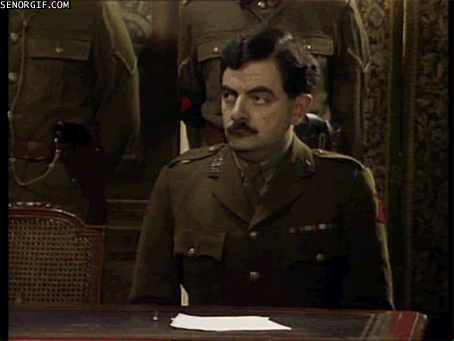What's even worse than the sweeping statements about gender that are prefaced as "guys culture are," rather than "many guys iare," or "guys are more likely on average to," is the assumption that the female reader has never had any contact with men and will just by default write all her characters of either gender a certain way based on her own presumed personality.
Also, there's that assumption that every novel is set in the modern US (or west, anyway) and therefore all characters of either gender must conform to our current cultural norms re gender.
THIS. As a writer of hist fic and someone who is passionately interested in history THIS.
Gender roles are very much cultural constructs. They are not eternal and unchanging over time and across the globe, as any decent historian or social anthropologist can tell you. I don't care if you tell me that our modern western gender roles are biologically conditioned because if they are, then experience shows that humans are pretty good at setting aside biological conditions as they are in no way universal.
Showing emotion being "feminine" for example is something that is a modern western thing (did anyone see the BBC series about stiff upper lip a few years ago? really interesting on that topic). If you go to earlier centuries, men crying, tearing their hair, wailing etc. in public is thought to be perfectly masculine. I've also seen it said (historically) that women because of their cold, wet humours are less susceptible to pain and emotion than the hotter, drier men.
So when I write my 17th century men, a modern man's opinion on how a man thinks is pretty useless to me. However, it is interesting to hear modern people's reaction to my 17th century men (and women) as readers, because readers come with their modern baggage and sometimes it's a fine line between accuracy and alienating. But in general, all characters are more or less
sui generis, and will have different ages, socio-economic backgrounds, personalities etc. Not all men think the same way, just as not all engineers, all musketeers, all Swedes or all Catholics think the same way. Gender expectations, nationality, religious beliefs and other experiences all influence us but we are made up of so many different aspects (including quite possibly different individual biological conditions) that each blend is unique. It's not a matter of finding the
eau de man scent, but the
essence of James and the
essence of Jacob scent (to use two characters from my WIP).
If anything, I find it harder to write historical female characters because while the historical sources are full of men speaking, writing and acting, it is much rarer to get close to women of the past. At the same time, the worlds of men and women were quite separate. It makes it harder, I think, to get under the skin of women of the past. The fact that it is also, I think, as Voirey said, harder to distance myself from women in general, makes it a challenge to write them convincingly. And I do think that female characters are much more scrutinised than male characters and held to different standards, like Mr Fibble said. A male character is mostly thought of as a person, but a female character is somehow always representing Woman. If you make her weak or strong or a virgin or with a chequered past or whatever, people will assume it is
because she's woman and judge accordingly. Male characters, OTH are usually assumed to represent just themselves as individuals.
On a more personal note, I grew up in an almost 100% feminine environment, full of very strong women. I had very little understanding of the gender expectations because of it. In my world, women represented a wide spectrum of emotional, intellectual and social varieties and I had never, ever been taught to explain something with "she's a girl". This left me quite bewildered when I had to start to interact with a world full of gender expectations because I didn't know the codes. To this day, I find myself rarely explaining something with "she's a woman" or "women do this", but quite often going "men!" and "men are this way" because I have seen men solely from the narrower view of gender binoculars. Interestingly, I am often thought to be much too direct and aggressive by men, which, I think (my own personal opinion) is because I behave around them like I behave around women. Generally, women are expected to take up less space and talk less than men, and they are also expected to be "softer". I think this is because women are usually trained to have two different sets of behaviour - one for men and one for women. Girls are trained from an early age to give way to boys, but I wasn't, and so I'm a bit of a social dyslectic in that sense (which has served me excellently in my professional life).



